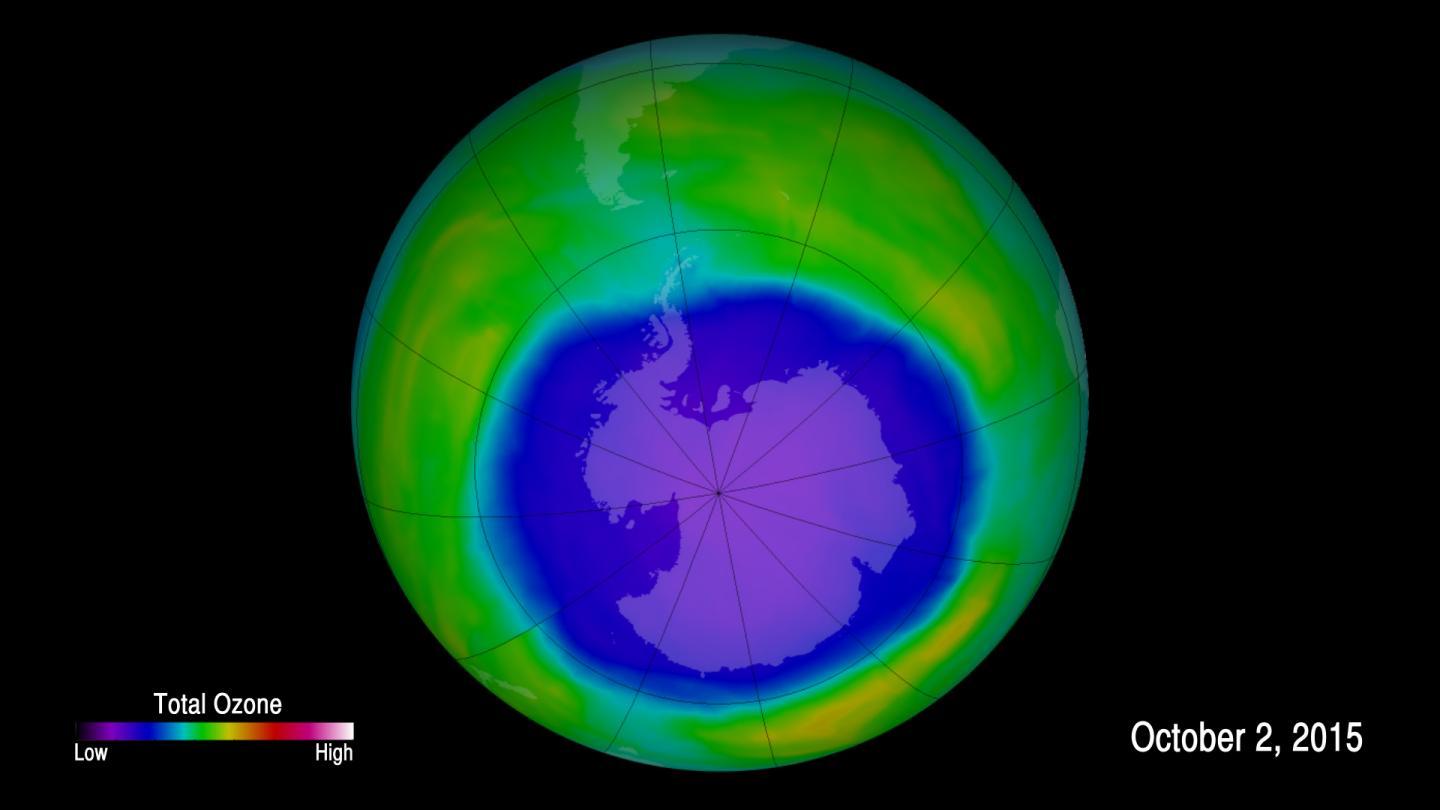Refrigerants
Powerboat Smoke
Some people call powerboats stinkpots, because many two stroke outboard motors burn a mixture of gas and oil that produces a thick and smelly exhaust. But one New Hampshire man says he has a practical answer to this marine pollution: power these boats with propane gas. New Hampshire Public Radio’s Trish Anderton reports.
Freon Free in 1996
As of January 1, 1996 car manufacturers in the United States will start selling autos with air conditioning that is CFC(chlorofluorocarbon)-free. Some consumers are confused about what that means and how it may impact them. In this consumer information segment, Steve Curwood talks with Drusilla Hufford of the Environmental Protection Agency on what consumers need […]
CFC-Free AC
Chris Spurgeon of member station WHYY in Philadelphia reports on the development of a new, CFC-free air conditioning system. It’s one of several new technologies emerging under the pressure of consumer action and international efforts to phase out the use of ozone-damaging chlorofluorocarbons.
CFC-Free AC
Chris Spurgeon of member station WHYY in Philadelphia reports on the development of a new, CFC-free air conditioning system. It’s one of several new technologies emerging under the pressure of consumer action and international efforts to phase out the use of ozone-damaging chlorofluorocarbons.

